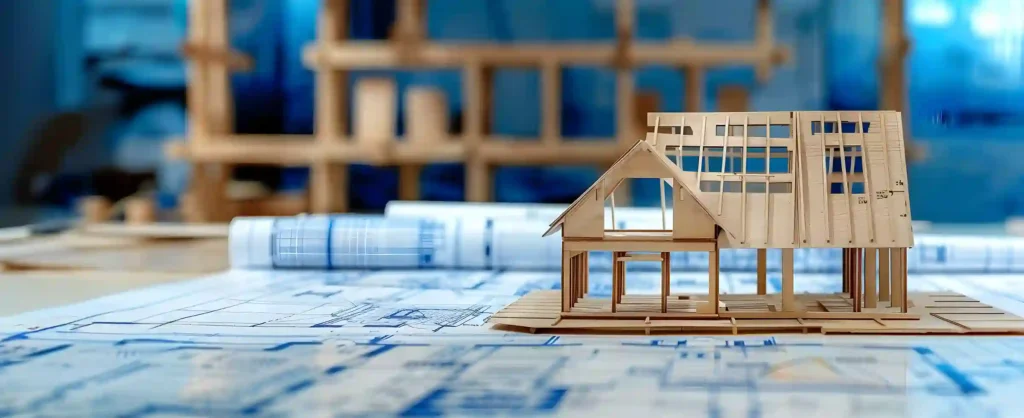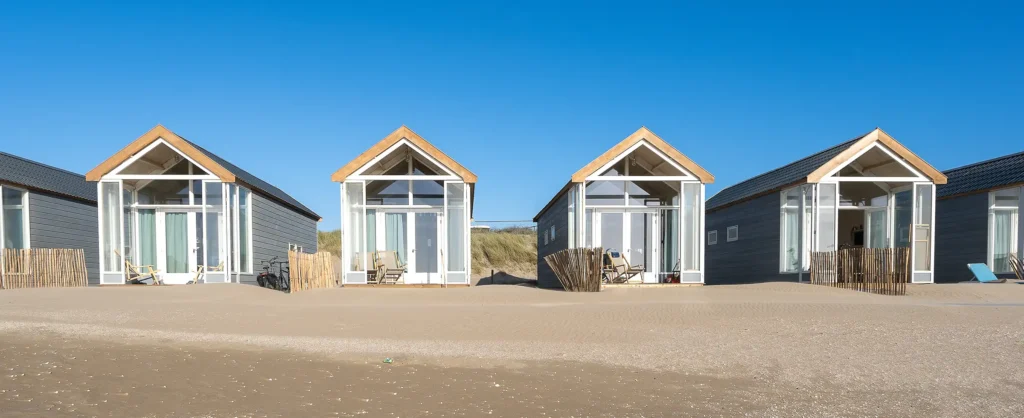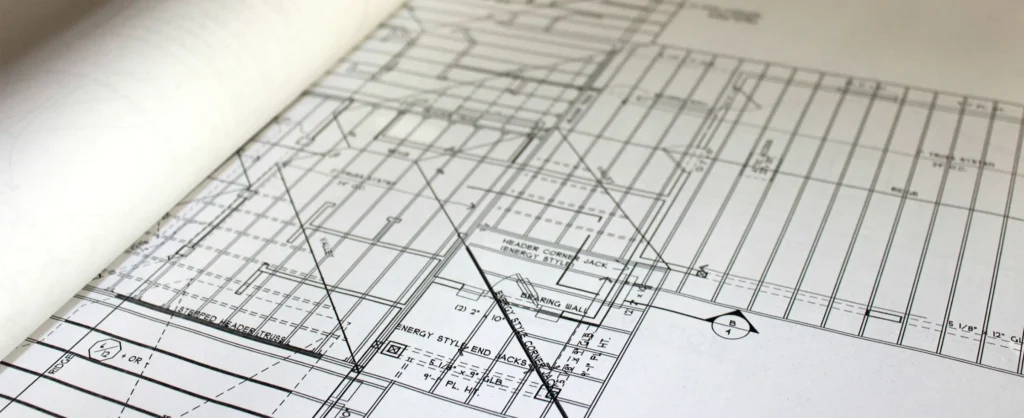With a market value projected to reach $130 billion in Europe and the United States by 2030, modular construction is fast becoming a preferred form of alternative housebuilding for modern property developers. For property investors, modern methods of construction represent a unique opportunity to stake a claim in a rapidly growing new area of real estate. With its sustainable, streamlined spin on traditional construction, a modular home can be a secure and reliable source of passive income at a much more accessible entry point – a blessing for investors navigating the traditional housing market’s prohibitively high mortgage rates.
But what makes modular construction an appealing alternative to traditional construction? Do modern methods of construction offer unique solutions to long-standing socioeconomic obstacles? And, if so, how can private investors gain from supporting their spread?
For a quick rundown of the advantages of modular construction over traditional construction, look no further than this week’s Concept Capital Group blog.
What is Modular Construction?
Modular construction is a modern method of construction that uses a combination of off-site manufacturing, mass production and standardisation to rapidly produce buildings identical in design and purpose.
Through modular construction, property developers can streamline and more effectively regulate the housebuilding process, minimising risk factors like adverse weather conditions and breakage to promise more consistency than traditional construction.
The Appeal of Modular Construction for Investors
As alternative investment specialists, we have long recognised the vast potential for modular construction to create a simplified route to passive income for today’s time-poor, conscientious investor.
Back in its 2017 Autumn Budget, the UK government committed to adopting modular construction – and other modern methods of construction – as a housebuilding solution for increasing the productivity of the UK construction industry. This was partially the result of decades of stagnation in the industry, with the annual rate of improvement averaging 21% lower than the wider economy since 1997.
The scope for modular construction and similar off-site manufacturing techniques to win a healthy share of the market from traditional construction has since been readily apparent, but not well-capitalised. Still, off-site construction is being increasingly recognised as a universal solution to challenges facing the UK housing market, with bodies like the UK Commission for Employment and Skill (UKCES) outlining comprehensive plans to more fully realise its potential.
As the country continues to struggle with housing affordability and a shortfall in supply within the housing market, the demand for the cost-effective, speedy, built-to-order alternative modular construction offers could see property developers, property investors and public sector operators alike investing more heavily in the promising future of modular homes.
Why Invest in Modular Homes Over Traditional Homes?
While there is an instinct among property investors and developers to stick to what they know, an increased uptake in modular construction among industry stakeholders could bring a host of benefits.
Long-Term Returns for the Market
Experts agree that the long-term economic benefits of modular construction outweigh the short-term profitability of over-relying on traditional construction. According to a report from the Government Commercial Function, modern methods of construction can offer:
- A 47% improvement in whole-life value compared to traditional construction methods
- A 75% reduction in time for project delivery compared to traditional onsite construction
- A 70% reduction in whole-life carbon emissions through superior heat and energy performance, and the use of sustainable components
Likewise, modern methods of construction give investors more resilience to upcoming regulatory changes to the energy efficiency standards of homes, both due to their generally higher levels of environmental performance and standardisation. Moreover, modern methods of construction improve the predictability of project delivery and offer a greater reduction in overall construction costs over longer periods of heavy production.
Although real estate firm Savills admits that adoption of modern methods of construction will cost more than continuing with traditional housebuilding in the short-term, the improved productivity and reduction in labour these methods boast ultimately make them essential for accelerating UK housebuilding. This makes it an ideal (and potentially lucrative) solution for property investors hoping to realise long-term returns from the residential housing market.
Greener, Cleaner Housebuilding
The Future Homes Standard 2025 is an upcoming regulatory change to residential building standards proposed as one of many steps the UK will take to achieve Net Zero by 2050.
Set for implementation next year, the new standard is expected to impose higher standards for energy efficiency and sustainability on housebuilding while also requiring traditional homes to be retrofitted. In any case, this will be a costly adaptation for the average landlord and property developer.
One advantage of modular construction is that its speed and existing standards of sustainability make it perfectly suited to the ‘new normal’ of a net zero housing market. A 2022 study by the Association for Consultancy and Engineering (ACE) showed that modular construction has the potential to cut carbon emissions by up to 45% compared to traditional construction in the short term. The use of sustainable materials in the shortened, off-site modular construction process also minimises the impact of construction on the environment while reducing waste, making it an easy answer to the question of greener property development.
Alternative Investments in a Downturned Market
For experienced investors hoping to balance their portfolio by hedging against mainstream market activity, investing in modular construction can help offset the fluctuations in house prices and interest rate instability currently affecting the buy-to-let housing market.
With economic headwinds currently leading to high sensitivity within the global real estate market, experts at prestigious firms like JP Morgan advocate alternative investments as an easy path to diversification that allows investors to access a broader set of opportunities for long-term growth potential.
Alternative property investment can not only be leveraged against the rest of your portfolio in the event of further losses but also provide a steady stream of passive income that is less reliant on the overall viability of the mainstream market. And, with modular homes requiring a significantly smaller commitment of capital to enter the market, they can be accessible where traditional housing is largely exclusionary.
Investing in Modular Construction with Concept Capital Group
At Concept Capital Group, we offer a fully managed alternative property investment opportunity in modular homes. For investors, this means a completely hassle-free source of passive income that capitalises on the promise of modular construction to offer the speed, flexibility and affordability investors need to build a more resilient property portfolio
For more information on our buy-to-let opportunities or our approach to modular construction, book a call with our team today.













